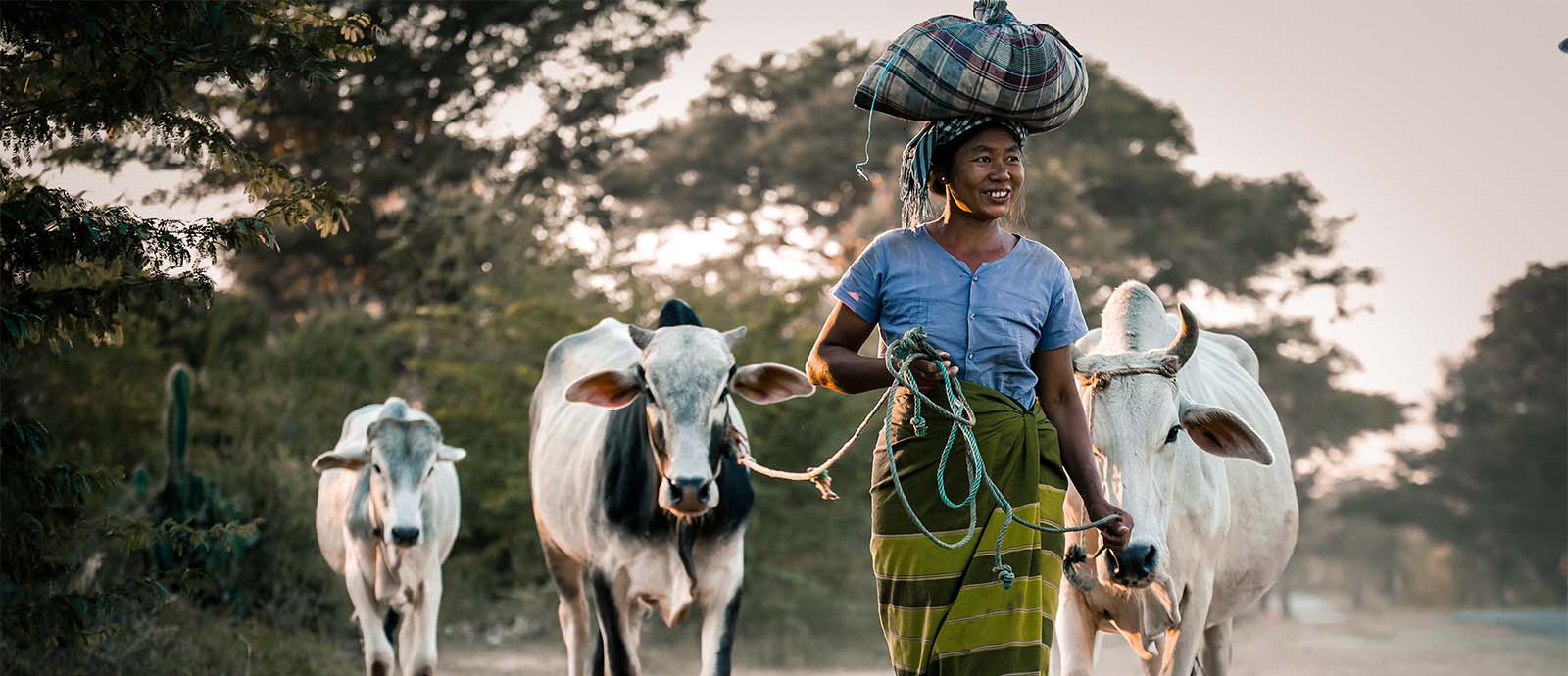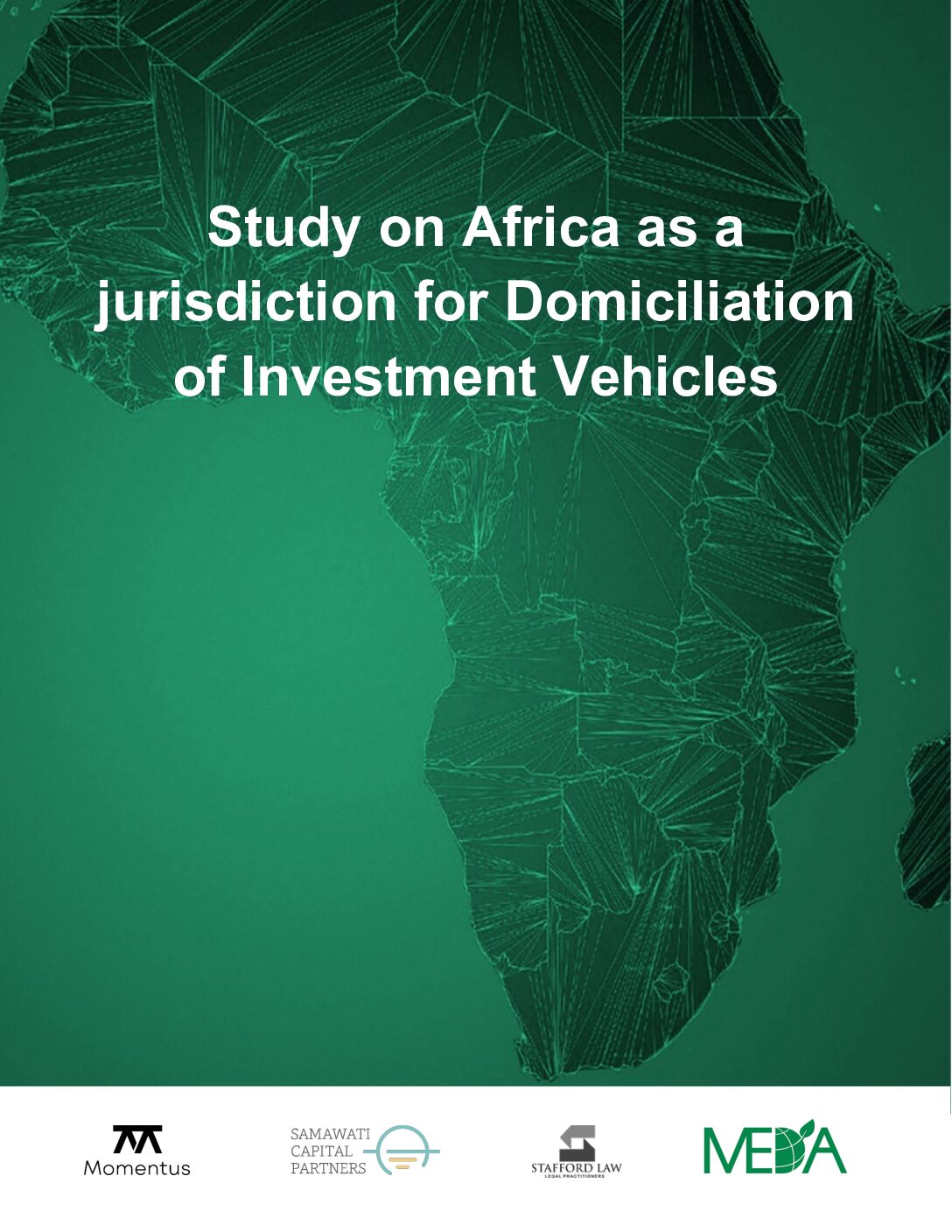In a globally interconnected food system, the rural poor, who are key contributors to food production, paradoxically experience the highest rates of food insecurity. Many endure inadequate compensation, harsh conditions, and insufficient access to affordable and nutritious food, particularly women who often eat last and produce the most in low-income countries. These factors foster dependency, inequality, and unsustainable practices, leading to concerning health trends, loss of biodiversity and natural capital and the exclusion of small farmers from value chains. Addressing food insecurity goes beyond increasing food production — it involves improving rural livelihoods — combating poverty and food insecurity, as integral components of sustainable, lasting, and fair food systems.
Urgent action is needed to rectify the inequalities within the food system, and public development banks are key actors in driving a paradigm shift in how food systems function and are financed, particularly in low- and middleincome countries (LICs and MICs).
The following discussion paper is prepared by Momentus Global for the 2023 Finance in Common. It proposes a set of 5 recommendations that Multilateral Development Banks (MDBs) can adopt to implement their capital adequacy reforms in a way that enhances the prominence of National Development Banks (NDBs) in transforming food systems finance for a more resilient future.
The formulation of the discussion paper entailed extensive consultations, encompassing in-depth interviews conducted with national governments, public development banks (PDBs), and civil society representatives in country stakeholder consultations with Bolivia, India, Togo, Tunisia, and Zambia on IFAD’s Strategic Framework.
This publication was produced with the support of the Inter-American Development Bank (IDB) and the International Fund for Agricultural Development (IFAD).
Food Systems Finance for Resilient Futures- An MDB and NDB Collaboration Roadmap




